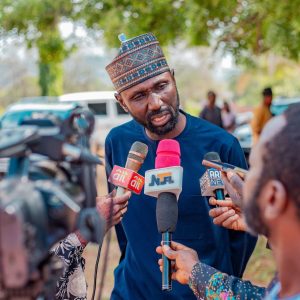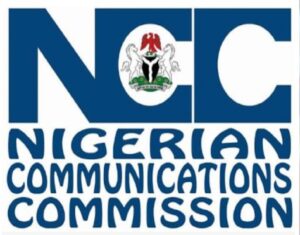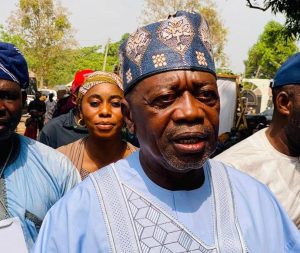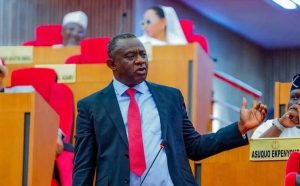Nigeria Economic Doldrum: So tasking for incoming government to reposition but surmountable with Bola Tinubu leadership experience
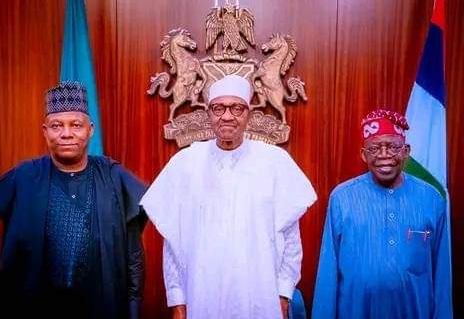
Nigeria economy has been so challenging most especially in the last five years where borrowing became the major source of financing national budget. Just like the economies of most nations of the globe where cost of energy and food has gone over the roof, monetary rate severally risen beyond their accustomed standard due to numerous variable reasons particularly the covid-19 pandemic and Russian-Ukraine war. This has caused labour crises in many economy across the world. Testament were evidential in the just concluded International Labour Day celebration of May 1st, 2023.
Nigeria case was worsen by the insecurity across the states and communities but more colossal in effects was the politicization of the economy as well as mismanagement of our financial management system via our monetary, fiscal and trade policies. The brazing mode and bazzire implementation of the unpopular ‘currency design’ policy of CBN awkwardly manipulated by Emefiele which starved businesses of operational cash, strangulated so many SMEs to death and crippled a potential $1trillion economy to under performed to about $500B cannot be easily forgotten despite the later rescue and redeemable intervention of the Supreme court in her famous judgement that permitted the newly redesigned naira notes and old notes to coexist in operational exchange till December 2023.
Consequently, the outgoing government despite her efforts in upscaling the Nation’s infrastructures and great improvement in agriculture, will be handling over an economy whose indicators clearly show the sicky nature of Nigeria economy. A glance at these indicators going by the latest statistical data released by National Bureau of Statistics (NBS) shows that inflation is at 17years high at 22.67% with food inflation becoming more critical while unemployment has been forcasted by economic experts and scholars alikes to be at 44%. These two indicators specifically has impacted the state of the economy negatively as high inflation is eroding the performance of private sector which further aggravated unemployment, worsen the insecurity and increased the multi-dimensional poverty among Nigerians.
More endemic to the economy as it adversely affect productions is the exchange rate parity that shows $1/N738 at parallel market and $1/N460 at official rate as well as declined or insufficient power supply that doesn’t encourage industrialization and commercialization needed by our steadily growing population in Nigeria. So, the incoming government should do all it can to ensure price and exchange rate stability through an intentionally impactful economic development monetary and fiscal policy implementation and break the barriers hampering improved power supply.
I am often concerned whenever I hear Debt Management Office (DMO) saying we can still borrow more despite our huge debt burden hovering around N69-77trillions and this has almost made our debt to revenue ratio near zero as we uses almost 96% of our earnings in servicing debt. The incoming government might even have no choice other than to borrow to run the government in the immediate but must as a matter of urgency put herself together to:
(1). Cut the cost of governance by blocking leakages of corruption as re-echoed by Asiwaju in the media.
(2). Become innovative in generating more revenue by expanding tax base.
(3). Improved on security to encourage more agricultural production and also get economy further diversified into technology while exploring solid mineral to optimum.
(4). Put in place development induced trade policies that shall profit businesses, enhances SMEs growth and create more jobs.
On subsidy removal in which Asiwaju has vehemently resolved to embark, as noble and necessary as it seems, no government has dare attempt it since independence. it then means it must be carefully done in order not to forever disrupt the productive intensions of the removal. In the immediate, government should dialogue with labour unions and interested stakeholders to raise pump price to N250-N300 and thereafter immediately consider full implementation of Petroleum Industry Act (PIA).
Meanwhile, the following measures should be in place before the removal of oil subsidy:
(1). Oil theft must be savaged to increase oil production and subsequently measure up with our allotted quota in Organization of Petroleum Exporting Countries (OPEC).
(2). Refineries must be at minimum of 75% functionality even as more modular refineries should be built in collaboration with seasoned energy investors in order not to put our efficient energy supply hope restful on soon operational Dangote refinery in Lekki.
(3). The narrow gate of our rail lines should be open and expanded into communities to encourage easy transportation of persons, goods and services among stimulus for other means of transportation.
Though to reposition the doldrum Nigeria economy is so tasking, I know, the President-Elect, Senator Bola Ahmed Tinubu is a leader with developmental experience and innovation who know how to put formidable team to work to achieve desire results. I trust Asiwaju knows the job is exhausting but it is surmountable by providing purposeful leadership. May the incoming government succeed for Nigeria to further prosper. God Bless Nigeria.
AKOH JACOBS fcfia
Lokoja – Nigeria.


